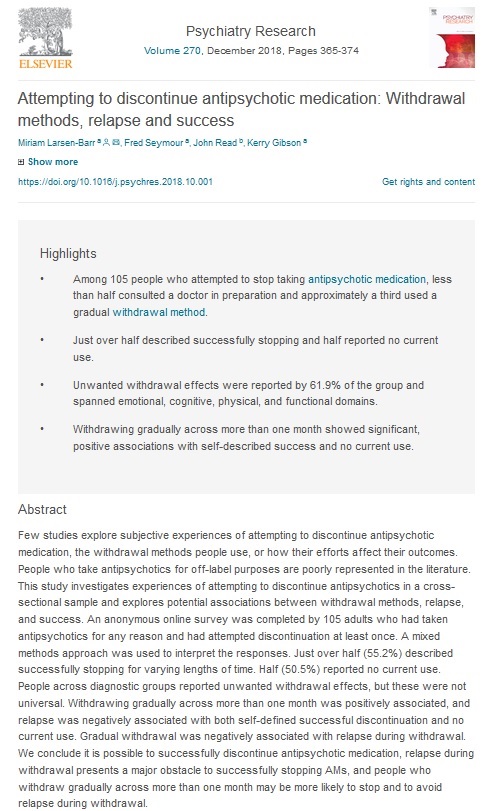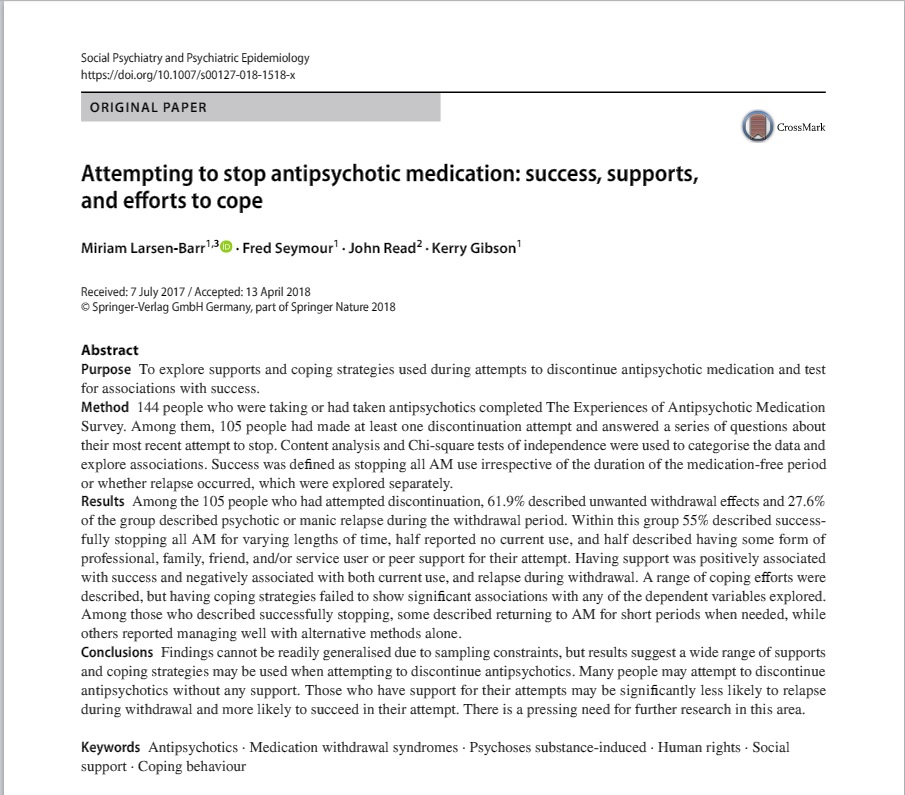One of Engage Aotearoa’s recovery resources, the Small Victories challenge, was included in the pilot of a text-messaging programme for young people with depression and anxiety at Youthline. The results of the evaluation were published last year in the Children and Youth Services Review.
Abstract
Background: Depression and anxiety are among the most commonly experienced mental health issues faced by young people in Aotearoa, New Zealand. Considerable barriers exist that prevent young people from engaging with face-to-face mental health services. Young people’s preference for technology-based counselling mediums such as text messaging opens up new pathways for intervention. Objective: A pilot text message-based intervention package was trialed for use by young people to evaluate the potential efficacy of the text package as an intervention for depression and anxiety symptoms.
Method: The text package was piloted using a 10-week longitudinal cohort pilot with 21 young participants (12– 24 years) who demonstrated mild to moderate anxiety and/or depression symptoms.
Results: Participants’ post-package scores were significantly lower than their pre-package scores for both anxiety (Z = −2.83, p = .005, r = −0.65) and depression (Z = −2.49, p = .013, r = −.056). ‘Feeling encouraged and supported’ increased as a result of receiving support from a trained supporter (Z = −2.06, p = .039, r = −0.45), but not from friends/family (Z = −1.72, p = .130, r = −0.37). Anxiety and depression scores did not change as a result of support from either trained supporters or friends/family.
Conclusions: Findings support the potential efficacy of the text package, justify wider trials of the text package, and support the use of text message-based interventions as potentially effective therapies for young people.
Read the full-text article by David Anstiss and Amber Davies here.








